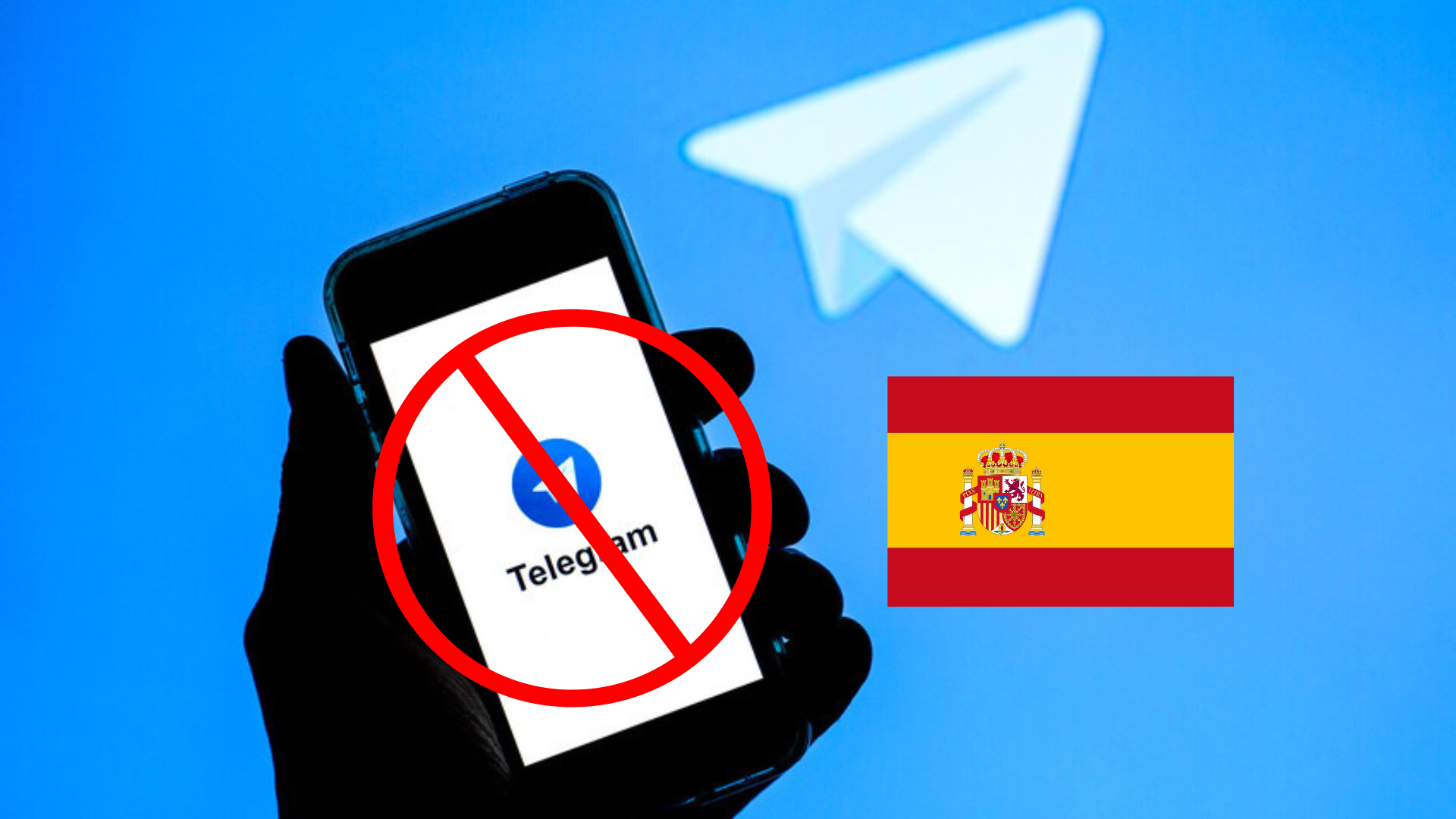
Spain’s High Court has temporarily halted access to the popular messaging app Telegram following a lawsuit from key media organizations alleging copyright infringement.
The court, under Judge Santiago Pedraz, ruled this measure necessary after Telegram failed to respond to requests for information regarding the distribution of copyrighted content without authorization. This decision, impacting Spain’s over 8 million Telegram users, highlights ongoing tensions between copyright protection and digital communication freedoms.
Why is Telegram Blocked?
The lawsuit, initiated by major media groups including Mediaset, Atresmedia, Movistar, and Egeda, argued that Telegram allowed its platform to be used for sharing their content without consent. Despite the temporary nature of the ban, aimed to last only a few days according to legal sources, the blockage began taking effect on certain mobile providers as early as Saturday, ahead of the official start date on Monday.
The swift implementation of the court’s order has led to mixed reactions, with some Spanish consumers finding the decision excessive, especially considering Telegram’s significant user base in the country, representing nearly 18% of the population.
Judge Pedraz’s decision was partly based on the inability to secure cooperation from the British Virgin Islands, where Telegram is registered, in identifying owners of accounts distributing copyrighted material. This lack of response prompted the judge to deem the full blocking of the service as “necessary, appropriate and proportionate” to protect copyright interests.
While the block may affect user access across different mobile networks, it might not happen at the same time for everyone because different phone companies are doing it at different times. Nevertheless, some users have noted that one might still be able to use the app with virtual private networks (VPNs).
Where Else Has Telegram Been Banned?
Spain joins a list of countries that have previously restricted Telegram access, including China, Thailand, Pakistan, Iran, and Cuba, primarily to prevent the circulation of content critical of the respective governments. This move underscores the broader global challenge of balancing digital platform freedoms with copyright and content control, as digital communication platforms continue to grow in significance and reach.
Related News:
Featured Image courtesy of 2021 SOPA Images
